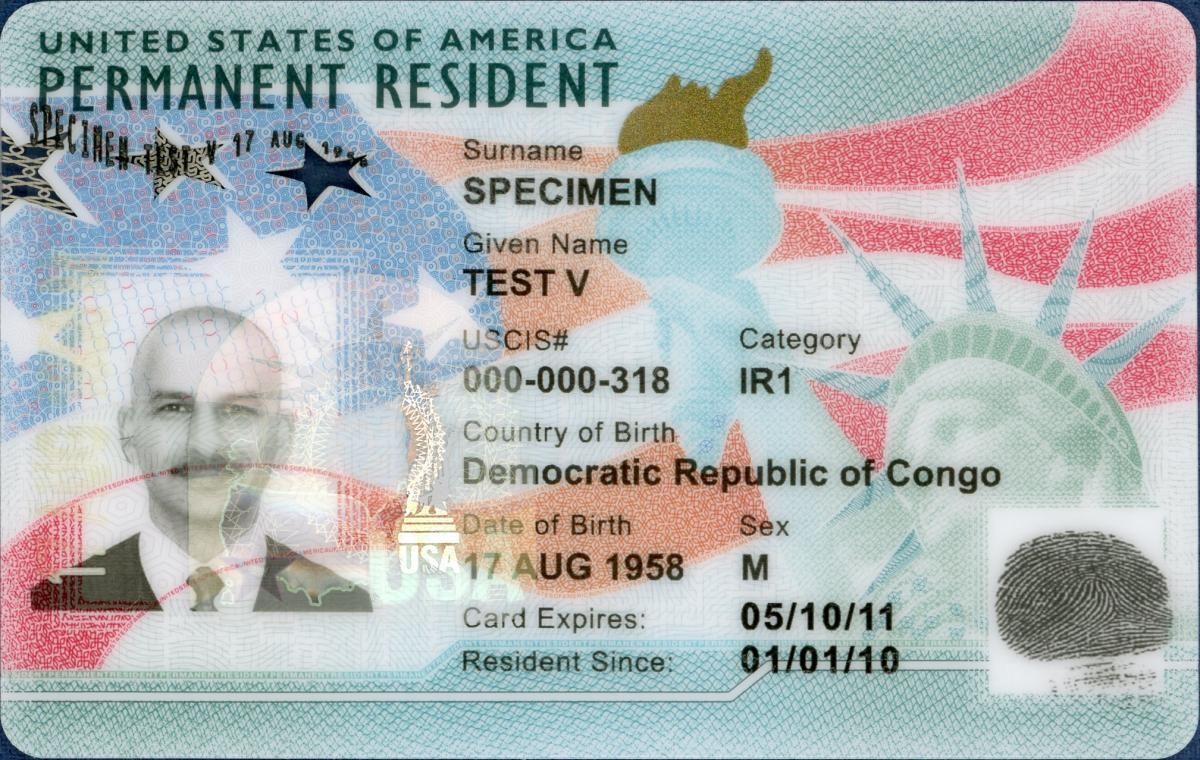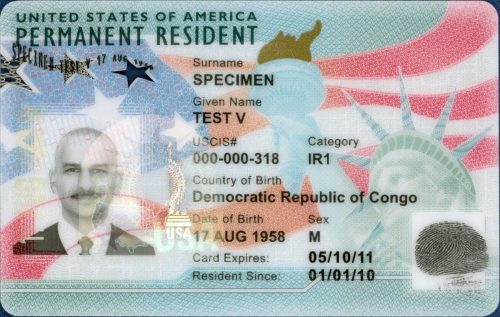 EAGLE Act holds a ray of hope for Indians stuck in decades-long backlog for employment-based green cards
EAGLE Act holds a ray of hope for Indians stuck in decades-long backlog for employment-based green cards
The US House Judiciary Committee is set to markup and bring up for vote Tuesday the EAGLE (Equal Access to Green cards for Legal Employment) Act (HR 3648) – the bill to remove the discriminatory per country limits on green cards.
“Do your part in fighting for Equality – please take a few minutes to call the House Committee on the Judiciary members to advocate for the passage of the EAGLE Act,” Immigration Voice exhorted supporters in a tweet Monday.
The not for profit which has been actively lobbying for the passage of this bill has also created a tool on its website to easily contact all the House Judiciary Members.
Read: EAGLE Act, a game changer for green card backlogs? (June 6, 2021)
The legislation which seeks to remove the 7% per country cap on employment-based green cards in a phased manner, holds a ray of hope for Indian professionals stuck in a decades-long backlog for employment-based green cards.
Under the current 7% cap, certain countries like India and China, which account for over 40% of the world’s population and an even higher percentage of the high-skilled global workforce, receive the same amount of visas as Denmark, a country that accounts for 0.001% of the world’s population.
As a result, immigrants from certain countries, who are as qualified as any other high-skilled worker entering the US, are forced to wait 20 to 30 times longer for lawful permanent residency status (in the form of green card), Immigration Voice said.
“This creates an economically unhealthy reliance on temporary visas and costs the US economy in the form of attrition of experienced high-skilled workers who are compelled to depart the US and migrate to other countries that are more welcoming towards high-skilled workers,” it noted.
Per country caps are not only bad for Immigrant workers and American workers, but they are also bad for the American economy, Immigration Voice said citing a study by the CATO institute.
Titled “Higher‐paid Immigrants Forced to Wait Longer Due to Per‐country Limits,” the study estimates that removing national origin discrimination on employment-based Green Cards will result in raising the average wage of an employment-based immigrant by $11,592 – which is a 12% increase.
Additionally, the same CATO study finds that removing the per country caps would result in America welcoming better-educated immigrants.
The EAGLE Act would correct these problems by creating a system where all equally qualified high-skilled workers, no matter their country of birth, will receive employment-based green cards in the order in which they apply and based solely on the skills they bring to America, Immigration Voice said.
Also, while the backlog is being cleared, the system will ensure that skilled immigrants from non-backlogged countries who are currently in line are not adversely impacted by the bill, it said.
“The EAGLE Act is a win-win for the American people,” according to Aman Kapoor, the Co-Founder and President of Immigration Voice.
“Every member of Congress now agrees that it is morally and legally indefensible to have a discriminatory per-country based allocation system for employment-based Green Cards that bans talented Indian immigrants from receiving Green Cards during their lifetime if they apply today.”
Read: Bill to remove country caps for job-based green cards set to be discussed (April 2, 2022)
“This bill transitions the allocation of employment-based Green Cards to a first-come, first-served application while also safeguarding the concerns of foreign nationals from countries that were accustomed to special treatment and having no wait time at all to receive Green Cards due to discriminatory per country limits,” says Kapoor.
“In addition to achieving an equal and more merit-based system, the bill ensures that in exchange for changing the Green Card system to become fair for all international applicants, American workers are prioritized for hiring by all US companies such that no foreign worker can be used to undercut an American worker for a US job.”
“This bill benefits only one country in the world – The United States of America,” Kapoor added.



